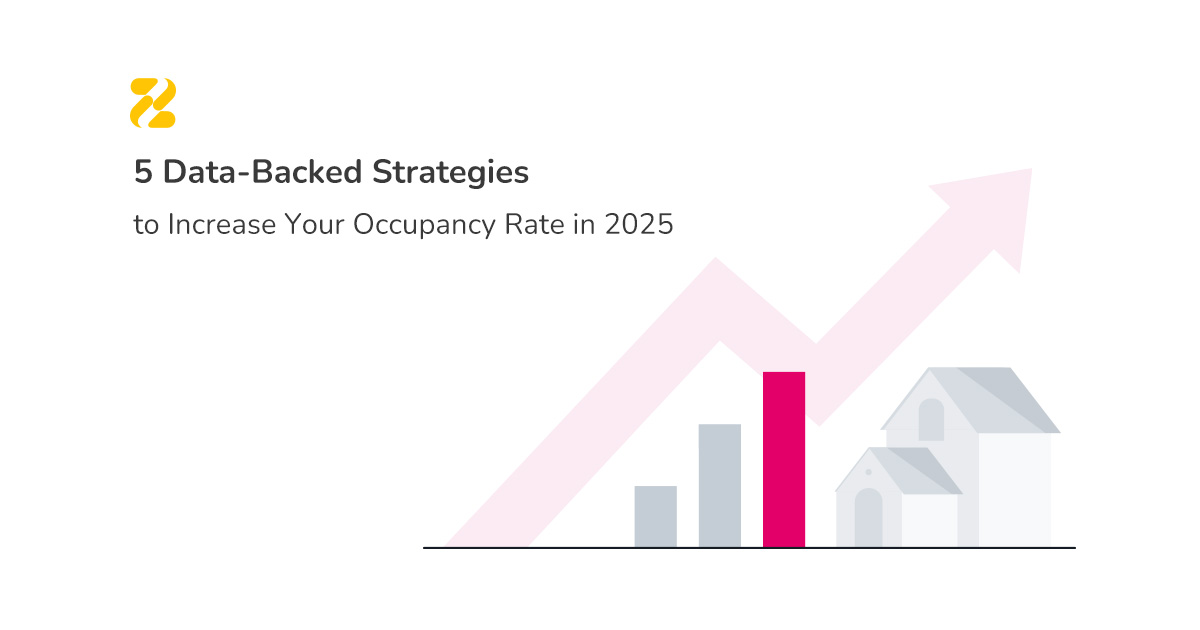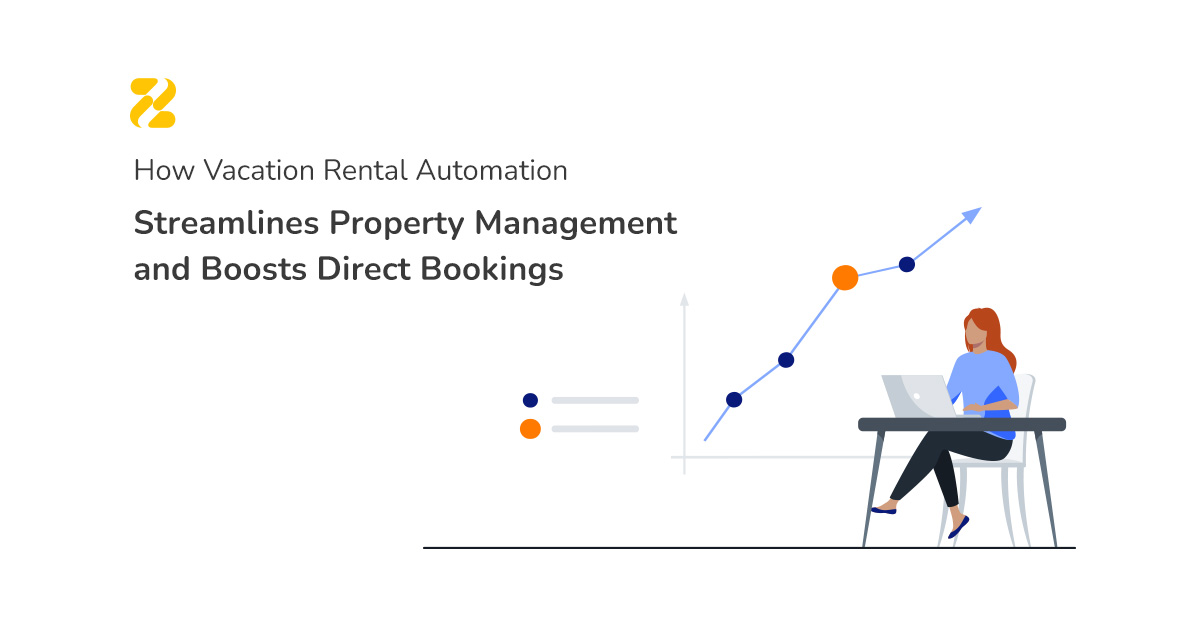The life of a short term rental manager is not always fun; actually, it even sometimes gets scary. There are times vacation rental owners, serviced apartment operators, or hoteliers have to deal with new guests who turn out to be a rock band playing too loud after midnight and the complaining disturbed neighbours or the troublesome guests who make costly damages to their properties. This is exactly where tenant screening or guest vetting comes to light.
It is not an easy job to distinguish the guests who respect your rental as it deserves and leave it in good condition, from occasional nightmare guests who are negligent to your property rules. Screening all guests carefully and thoroughly is key to protecting your rental from troublemakers, property damages, fraud, identity theft and criminal activities.
Tenant screening is a measure taken by rental managers to evaluate prospective tenants and try to avoid the incidents which harm your property and its reputation. Its purpose is to find out the likelihood your tenants will meet the terms and conditions of your rental. It is a deciding factor that determines whether to accept, reject or agree to deal with the tenants under particular conditions such as authorising security deposits.
Longer term rental managers usually get a helping hand from external tenant screening sources or allocate a huge time to do extensive deep background checks to prevent financial fraud and protect their properties by verifying their guests’ real IDs.
By contrast, in the case of a short term rental, there is no room for such tenant screening procedures due to the rapid nature of the business. Every vacation rental manager wants to know about their prospective guests before they hand in the keys; however, it might put your guests off if they’re asked for excessive amounts of personal information just for staying in a vacation home for a few days.
There are different methods to vet guests before admitting them into your vacation rental. Let’s take a look at some of the solutions:
Table of Contents
Telephone, Email and Social Media Screening
You can collect some information about your potential guests by doing research, making phone calls and sending them emails to ask them questions and get to know them closely. You might also look for the guest’s name on social media like Facebook or LinkedIn to identify what kind of guest they are.
Properties might differ in the number of bookings they receive. If your rental is big or you manage multiple properties, it might be impossible to speak with your guests on the phone or exchange emails to screen them one by one manually and what people share on their social media pages or tell you on the phone won’t help you figure out who they really are.
Verifying Prospect Guests’ Personal Information
All smart vacation rental managers know that listing their properties on multiple channels is key to driving more bookings and revenue; however, each of these channels will expose you to new challenges when it comes to collecting guest information and guest screening. OTAs just do little guest verification before their users can access the listings, but they normally don’t do background checks of their users such as running credit checks.
Some OTAs have a masked email address policy, and some are moving towards removing contact information and not letting you communicate with your guest prior to booking. Therefore, building a Guest CRM is challenging as vacation rentals can just rely on the information collected from the source channels of their listings.
Guest Reviews
After each stay, both guests and hosts have a period of time to review each other without being able to see the other party’s comments in Airbnb. After this period, guest reviews will be publically published on the guests’ profiles. The previous performance of a guest on an online booking website can afford a degree of security for the hosts, but some guests might have recently joined the OTA and don’t have previous host reviews. They have to start from somewhere to build up reviews.
Asking Your Guests to Sign a Legal Rental Agreement
Some property managers require their prospective guests to sign rental agreements before making a booking. Some hosts meet and greet their guests in person and can ask their guests to sign the agreement on their arrival; nevertheless, for those rental managers who have self-check-ins, adding agreements to their listings on booking websites is quite a hassle, and they have to pay for some digital contracts and signing software. In addition, if their guests don’t feel comfortable with the contract, they can decline to sign it.
Set Clear Rules Upfront
The hosts can increase their chances of getting the best possible guests by being very particular and articulate about their house rules. They should clarify their expectations from their guests by sharing their house manuals, in which they explicitly specify if pets, children and parties are allowed, should also express the rules about smoking and noise-making. This way, they can define the type of guests they want to stay at their properties. Besides, the hosts must be honest with their guests and make it crystal clear what their property is like and what amenities it offers.
Security Deposits
Pre-authorise an amount of security deposit that can make up for any likely losses is a logical way of guest screening, but be careful not to choose too-high amounts to scare your potential guests away. This will make your guests think twice and deter the guests who rent a property for a party. It also collects their credit card information for validation and determines the strength of a potential guest’s credit. You should make investigations to inspect the damages made to your belongings or the stolen stuff when your guests check out and take a damage deposit accordingly to cover the expenses.
Screening Services for Hosts
There are some screening companies out there which offer to scan every reservation and evaluate the risk of each for you. They also provide hosts with recommendations to effectively protect their properties. These professional background checks or tenant screening services can automate the screening procedure up to a great degree, free up a great ton of time for you and lessen your stress. However, they will add to your expenses.
Conducting guest screening helps you figure out who is staying in your rental and saves you from fraud, chargebacks, identity theft and criminal activities. No matter if you pay out some amount of time and money, the effort will pay off and helps you to remove booking restrictions and accept last-minute reservations of quality guests from online booking websites.




